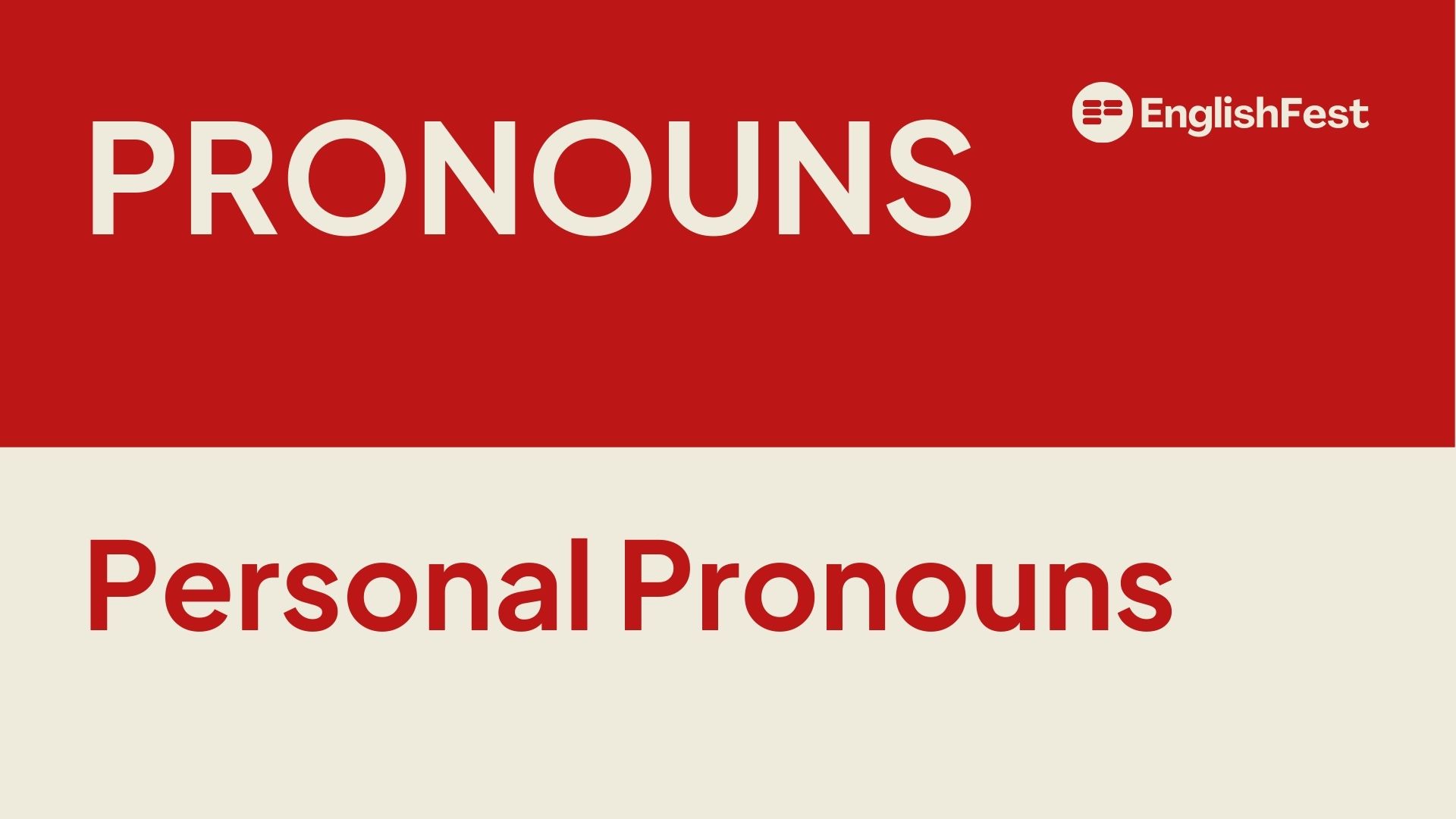
Learning Material |
|---|
There are 9 parts of speech or word classes in English language:
– nouns
– pronouns
– determiners
– verbs
– prepositions
– adjectives
– adverbs
– conjunctions
– interjections
Nouns are a group of words that we use to name:
– people: man, woman, teacher, John, Mary
– animals: cat, rabbit, horse, elephant
– plants: palm tree, coconut trees, grass, wheat, corn
– places: home, office, town, village, England
– concrete objects: chair, table, ball, water, money, sugar
– abstract objects: truth, lies, happiness, sorrow, time, friendship
Pronouns replaces nouns so that we don’t have to repeat them over and over again.
Do you like the manager?
I don’t like the manager.
The manager is not friendly.
(‘The manager’ is a noun phrase.)
By using pronouns, we can say:
Do you like the manager?
I don’t like him.
He is not friendly.
Do you know Jane?
I have a letter for Jane.
Please give this letter to Jane.
(‘Jane’ is a noun.)
By using pronouns, we can say:
Do you know Jane?
I have a letter for her.
Please give it to her.
There are 8 types of pronouns:
– Personal Pronouns
– Demonstrative Pronouns
– Possessive Pronouns
– Interrogative Pronouns
– Reflexive Pronouns
– Reciprocal Pronouns
– Indefinite Pronouns
– Relative Pronouns
A personal pronoun replaces a specific person or a specific thing.
We use personal pronouns based on:
– first person, second person or third person
– singular or plural
– male, female or neutral
– subject or object
First person means referring to self.
– singular:
* subject: I -> I like coffee.
* object: me -> John called me.
– plural:
* subject: we -> We like soccer.
* object: us -> John invited us.
Second person means referring to the person or people we are talking to.
– singular (one person):
* subject: you -> You look tired.
* object: you -> John called you.
– plural (more than one person):
* subject: you -> You look tired.
* object: you -> John invited you.
Third person means referring to another person or other people.
– singular:
* subject: he / she -> He looked tired. She looked happy.
* object: him / her -> John called him. John called her.
– plural:
* subject: they -> They look tired.
* object: them -> John invited them.
Refer to a thing or things.
– singular:
* subject: it -> John bought a book. It was expensive.
* object: it -> The book was expensive, but John bought it anyway.
– plural:
* subject: they -> John bought two books. They were expensive.
* object: them -> The books were expensive, but John bought them anyway.
Personal pronouns must be consistent with the nouns they replace.
Tim is John’s best friend.
John invited him to the party.
John invited he to the party. (wrong)
That woman is my teacher.
Do you know her?
Do you know she? (wrong)
Those cars are nice.
They look expensive.
It look expensive. (wrong)
Them look expensive. (wrong)
Personal pronouns cannot be used with possessive ‘s.
That is Jane’s bag.
That is she’s bag. (wrong)
That is her’s bag. (wrong)
Those are the children’s bags.
Those are they’s bags. (wrong)
Those are them’s bags. (wrong)
If there are more than one subjects and there is an ‘I’, we put ‘I’ at the end.
John and I will go to that party.
I and John will go to that party. (wrong)
Me and John will go to that party. (wrong)
John and me will go to that party. (wrong)
If there are more than one objects and there is a ‘me’, we put ‘me’ at the end.
John invited you and me to that party.
John invited me and you to that party. (wrong)
John invited you and I to that party. (wrong)
John invited I and you to that party. (wrong)
Multiple-Choice Quiz |
|---|

Time's up